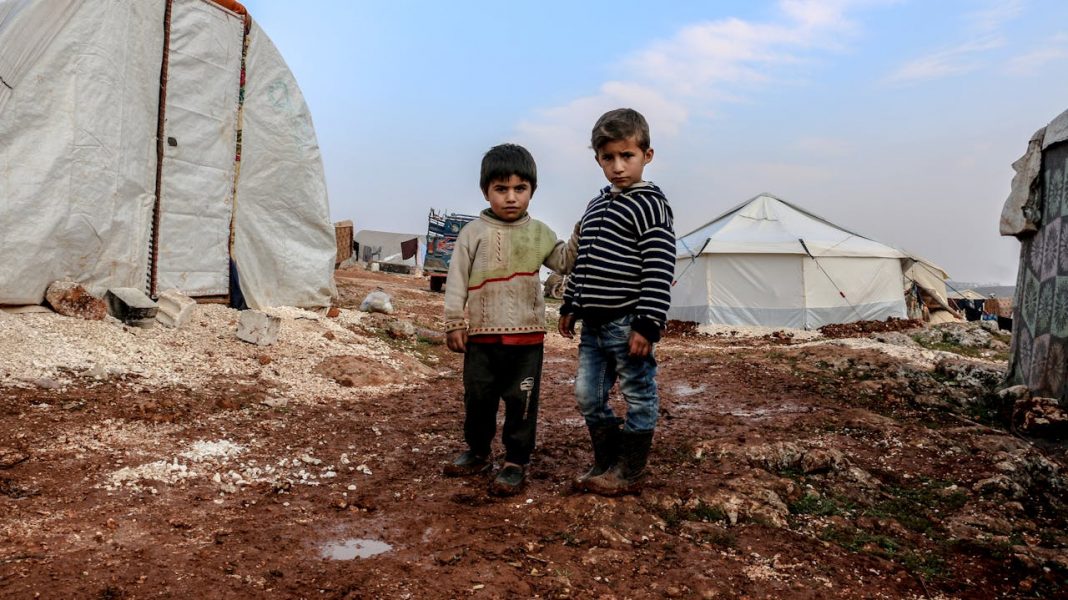UNITED STATES: In an important legal triumph for the Trump administration, the US Supreme Court on Monday revoked a jurisdictional block that had provisionally stopped extraditions of refugees to third countries without initially offering them an opportunity to appeal and informing them that they might face torture or harassment. In a recent Reuters report, the court’s unspecified emergency directive, issued without clarification, permits immigration officials to continue expulsions while legal complications continue to unfold.
Migrants lose due process protections under emergency ruling
The Supreme Court ruling directly impacts an earlier decision by US District Judge Brian Murphy, who prohibited the government from implementing such exclusions without due process of law. The court’s conservative majority succeeded in the 6-3 decision, with the three liberal justices delivering a scathing and unequivocal dissent.
Justice Sonia Sotomayor panned the ruling as a “gross abuse” of judicial power. “Apparently, the court finds the idea that thousands will suffer violence in far-flung locales more palatable than the remote possibility that a district court exceeded its remedial powers,” she wrote.
Third-country deportations under fire
The decision focuses on the Trump administration’s use of “third-country” deportations, relocating migrants to countries other than their own, frequently volatile and risky. The Department of Homeland Security contended that the procedure is essential to exclude migrants found guilty of grave crimes when their home countries decline deportation. Refugees set aside for extradition to countries like South Sudan have purportedly committed offences including manslaughter and armed robbery, the administration maintained.
But Judge Murphy had earlier found that the administration desecrated the US Constitution’s due process defences by not permitting migrants a reasonable opportunity to raise safety concerns before extradition. He mentioned an attempt to send them to South Sudan — a country which the State Department warns poses life-threatening risks — as an example of the plan’s irresponsible implementation. While Monday’s Supreme Court decision rescinded the April 18 sanction, Murphy later explained that a distinct May 21 directive concerning deportations to South Sudan “remains in full force and effect”.
Trina Realmuto, executive director of the National Immigration Litigation Alliance, called the Supreme Court’s move “horrifying”, cautioning that it takes away fundamental legal protections. “These protections have been the last defence against torture and death,” she said.
White House cheers win, critics sound alarm
The White House and Trump bureaucrats rejoiced at the decision. “The Supreme Court’s stay of a left-wing district judge’s injunction reaffirms the president’s authority to remove criminal illegal aliens from our country and Make America Safe Again,” said spokeswoman Abigail Jackson. “Fire up the deportation planes,” added DHS Assistant Secretary Tricia McLaughlin.
But the court’s action also triggered alarm within the immigration advocates’ circle and legal academics. Sotomayor, in her dissenting statement, reproached the administration for “openly flouting” court directives in numerous cases, including the contentious employment of Guantanamo Bay as a transfer point for expulsions to El Salvador.
“This is not the first time the court closes its eyes to noncompliance,” Sotomayor warned. “Nor, I fear, will it be the last.”
In the meantime, information has emerged of probable future extraditions to Libya, another nation long disapproved by the U.S. for its handling of captives and convicts, driving additional apprehension about where this legal precedent could lead.

